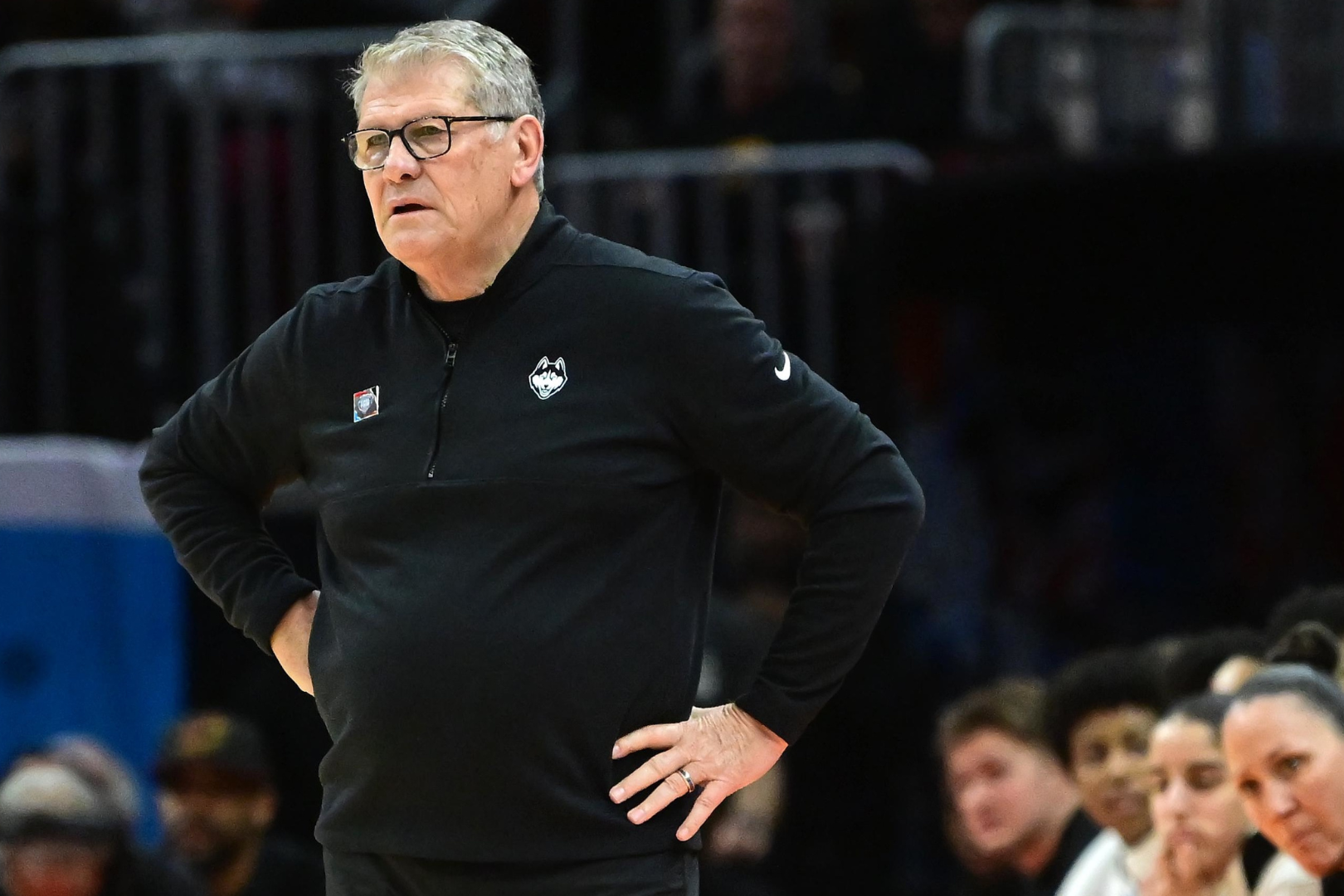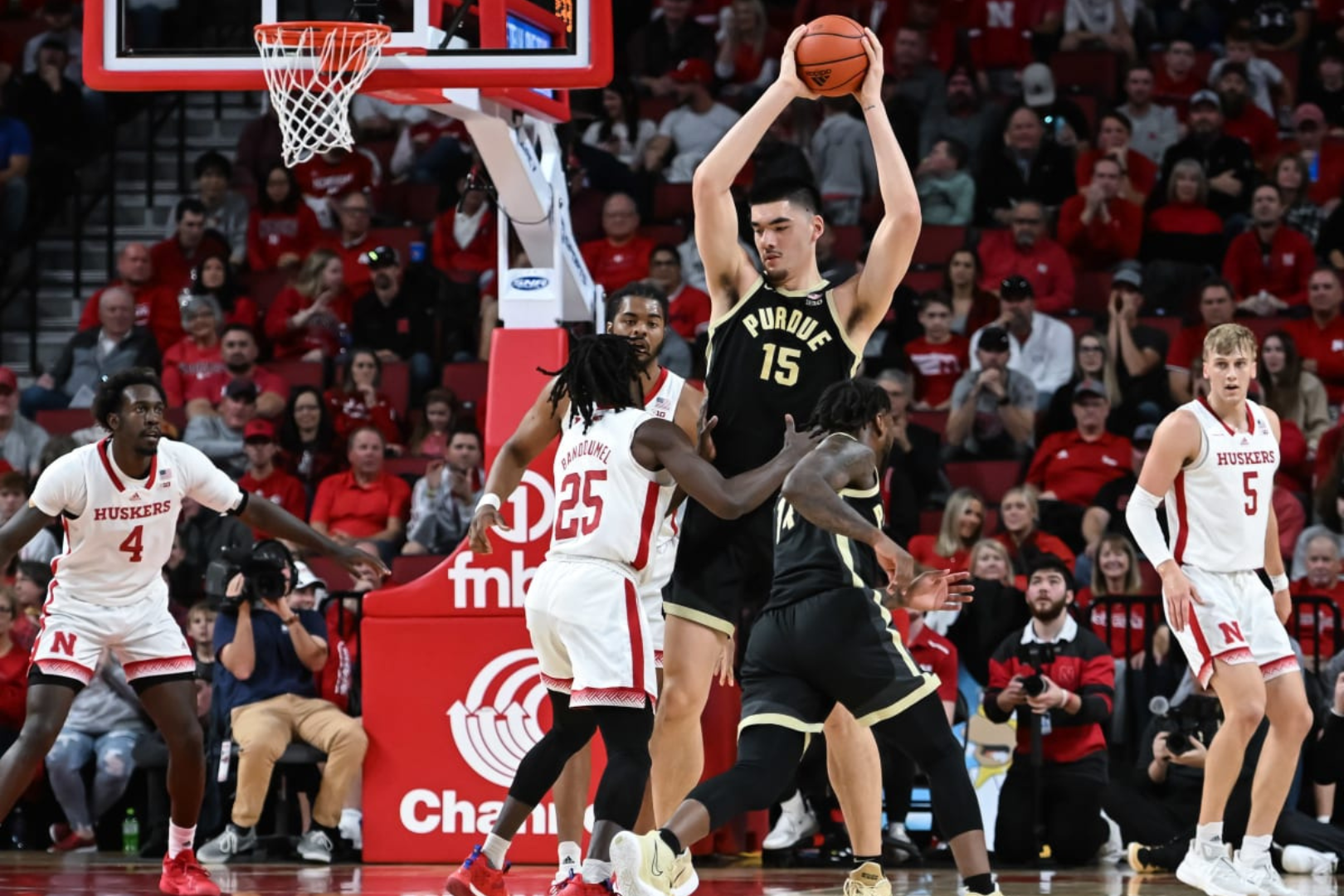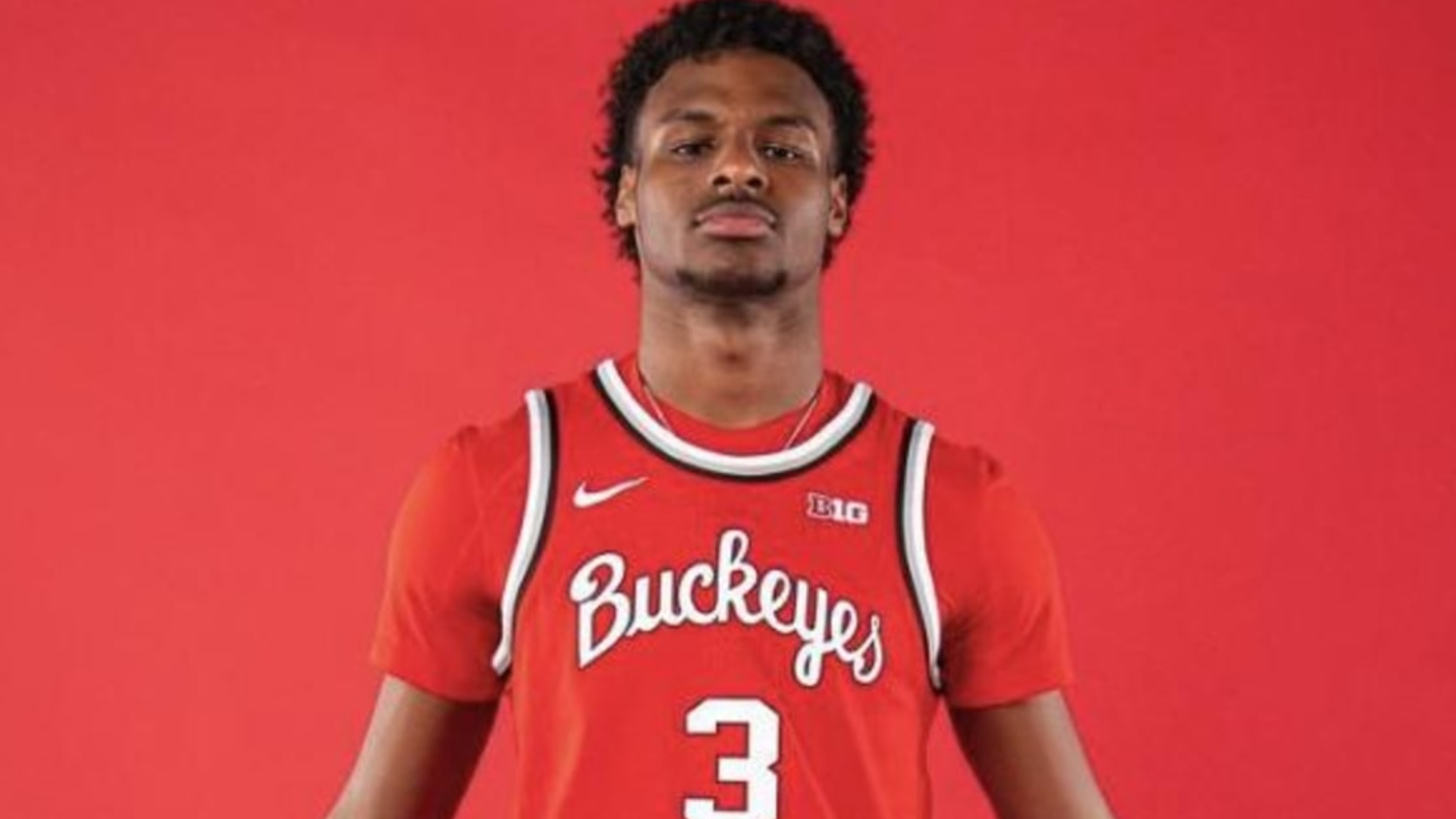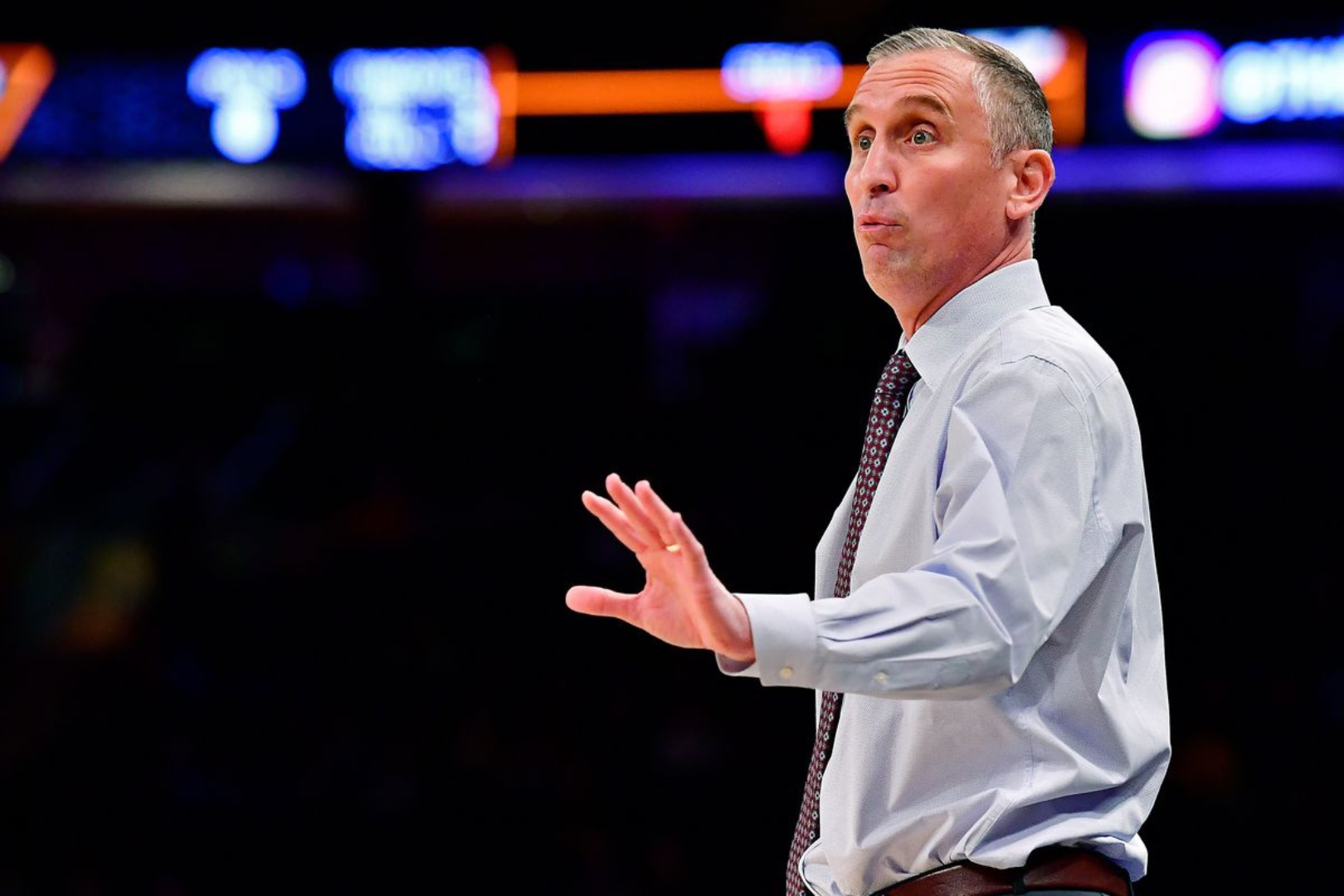
What is illegal recruitment in sports?
What is illegal recruitment in sports?
By Justin Rubin June 27, 2023 18:57
Illegal recruitment in sports is a practice that is not only against the rules but also unethical. It is when coaches, recruiters, or boosters offer improper benefits or incentives to athletes in order to persuade them to enroll in their school or join their team. This can include anything from offering scholarships, gifts, or other forms of compensation in exchange for the athlete's commitment.
The NCAA defines illegal recruitment as when an athlete or their family receives improper benefits from a college in order to persuade them to attend that college. Such benefits could include gifts, money, or even jobs for family members. The NCAA has strict rules and regulations in place to prevent illegal recruitment, and if an athlete is found to have received improper benefits, they could lose their eligibility to play college sports.
Illegal recruitment is not just a problem at the college level, however. In Ohio high school athletics, illegal recruitment is also a growing concern. Private schools are often accused of poaching students from public schools in order to boost their athletic programs. This not only puts public schools at a disadvantage but also violates the Ohio High School Athletic Association's bylaws.
In fact, the OHSAA has found 21 cases of illegal recruiting violations in the last three academic years alone. This number is alarming and shows that recruiting is a problem that is here to stay. While private schools are often the focus of these accusations, it is important to note that anyone can illegally recruit, not just private schools.
One reason why recruiting is such a problem is that it creates an uneven playing field. Athletes who receive improper benefits are often able to perform better than those who do not. This creates an unfair advantage and can lead to resentment and frustration among athletes, coaches, and parents.
Another reason why recruiting is a problem is that it can lead to a culture of entitlement. Athletes who receive improper benefits may come to believe that they are entitled to special treatment, which can lead to a lack of respect for their opponents, coaches, and the rules of the game. This can create a toxic environment and undermine the spirit of competition.
To combat illegal recruitment, it is important to have strict rules and regulations in place. The NCAA, for example, has a number of rules that govern recruiting and offer severe penalties for violators. High schools also need to have clear policies and procedures in place to prevent illegal recruiting and to address any violations that do occur.
Parents and coaches also play an important role in preventing illegal recruitment. They should educate themselves about the rules and regulations governing recruiting and should be vigilant in reporting any violations they become aware of. Athletes themselves should also be aware of the risks associated with accepting improper benefits and should report any offers they receive to their coaches or school administrators.
In conclusion, illegal recruitment in sports is a serious problem that undermines the spirit of competition and creates an uneven playing field. While private schools are often the focus of these accusations, anyone can illegally recruit. To combat illegal recruitment, strict rules and regulations must be in place, and parents, coaches, and athletes must be vigilant in reporting any violations they become aware of. Only then can we ensure that sports remain a fair and competitive arena for all athletes.



































































